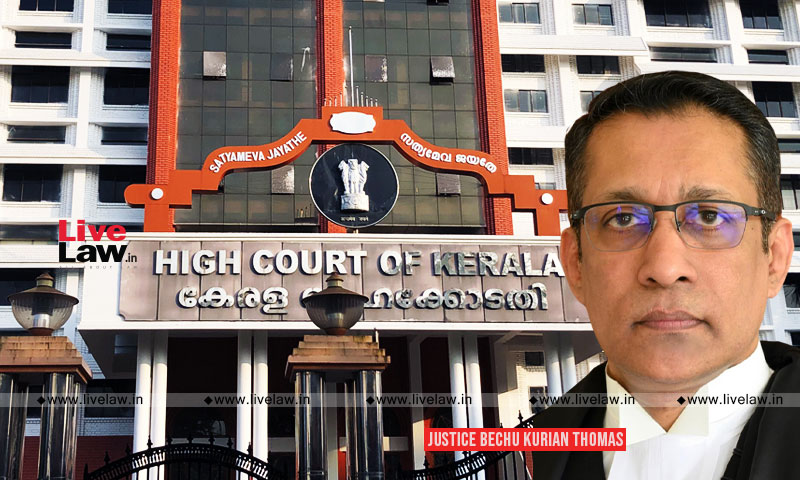Relationship Turning Sour Later Will Not Attract Offence Of Rape: Kerala High Court Reserves Verdict In Central Govt Counsel's Bail Plea
Hannah M Varghese
7 July 2022 5:35 PM IST

The crucial aspect to be considered is whether consent for sexual intercourse was obtained on the promise of marriage.
Next Story


